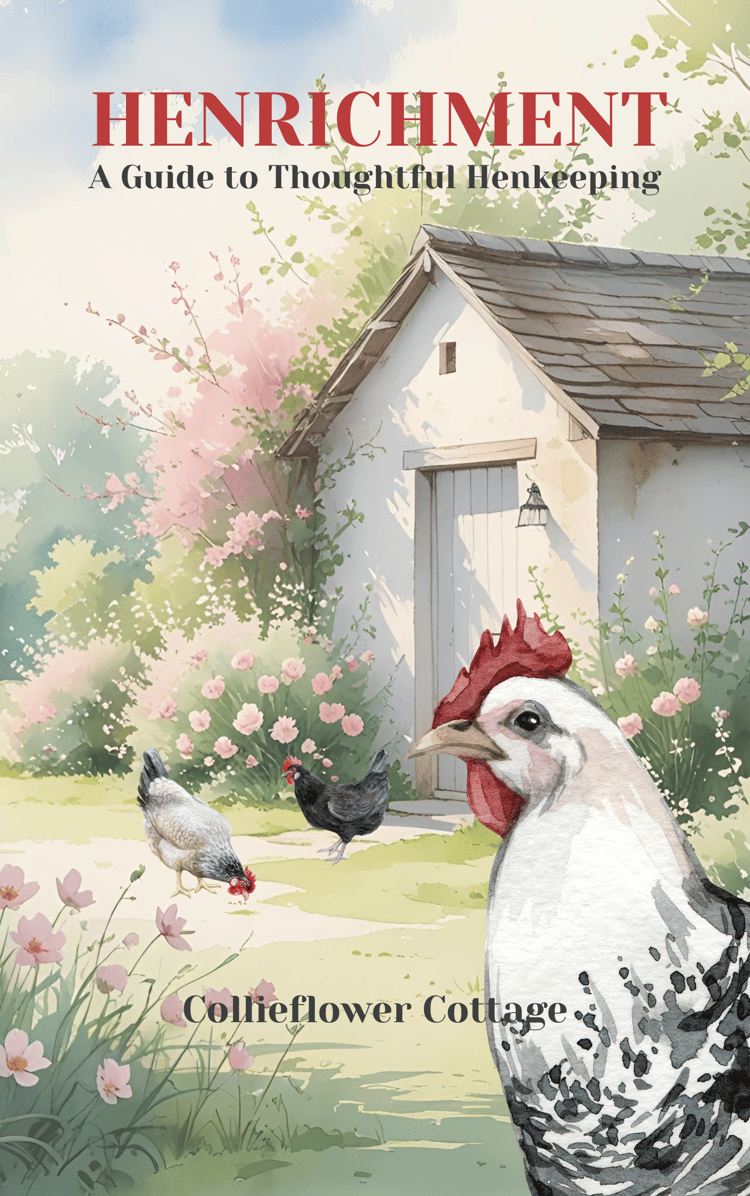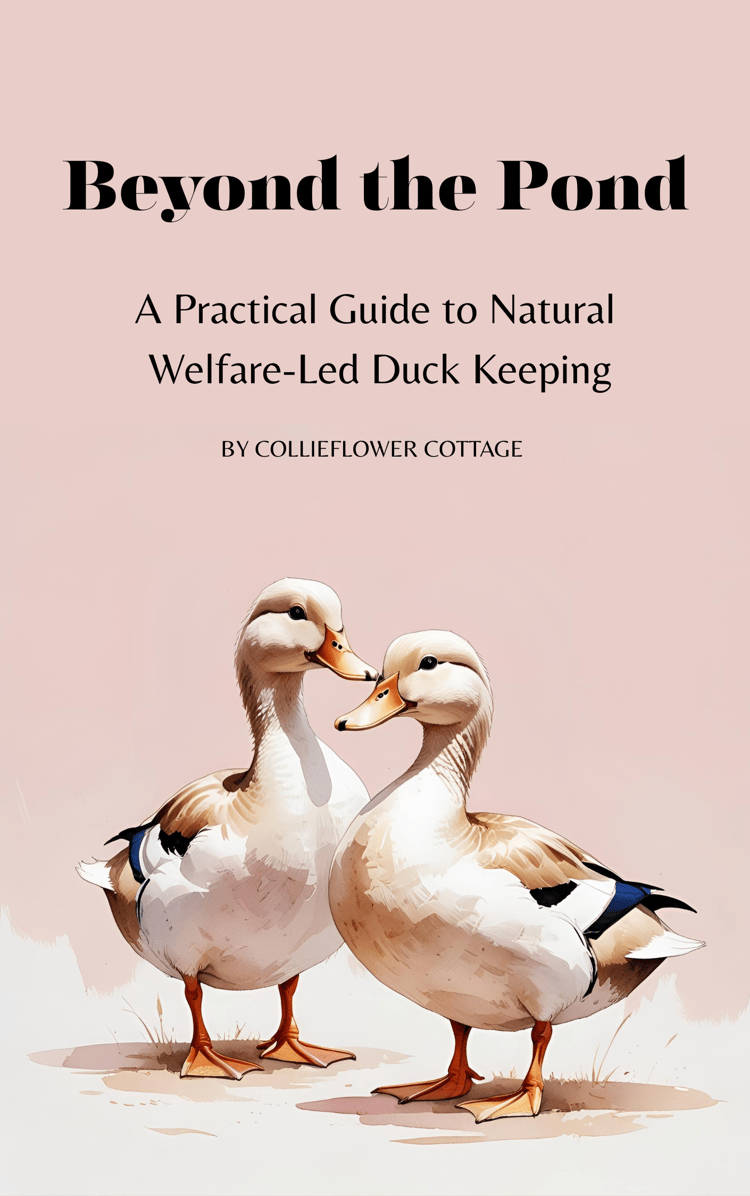Environmental groups are warning of legal action if the Treasury moves ahead with plans to scale back species protections that can affect development. The Chancellor is exploring reforms to the Planning and Infrastructure Bill that would make it easier to push through projects without lengthy ecological scrutiny, as part of an agenda to boost infrastructure and housing delivery. Options under consideration include rolling back species-specific protections and narrowing routes for judicial review in nature cases.
Earlier this year, Rachel Reeves told peers she cared “more about the young family getting on the housing ladder than I do about protecting some snails,” and she has promised to use the autumn Budget to drive productivity through investment in infrastructure and planning reform.
Conservation groups warn the proposals will do lasting damage. Countryside Link has said: “The government is legally obliged to halt the decline of species by 2030 and weakening protections for wildlife could make it impossible to meet that duty. We will hold the government to account on delivery – including through Parliament and, if necessary, legal action.”
Criticism has centred on the Bill’s proposed Nature Restoration Fund, a levy that would allow developers to offset environmental damage by paying into a central pot rather than restoring nature on site. Campaigners argue this amounts to a pay-to-destroy scheme that weakens decades of environmental safeguards. It overturns the established mitigation hierarchy, which requires developers to avoid harm first, minimise it second, and only as a last resort compensate for unavoidable damage. Under the new system, destruction would become permissible if the right price is paid. Even the chair of Natural England, the body expected to administer the scheme, has admitted that elements of the plan are “not necessarily fully backed by evidence.”
The potential consequences for wildlife are severe. Nightingales, whose numbers have fallen by 90 per cent with only around 5,500 breeding pairs left, could lose protection at strongholds such as Lodge Hill near Strood in Kent. Wetland habitats that support species including black-tailed godwits and spoonbills are at risk from development at sites like Portsmouth’s Tipner West, the Humber Estuary, Dibdean Bay and Wolborough Fen. Badgers, already under pressure from culling, could face further declines through habitat loss. Rare plants like Early Purple and Common Spotted Orchids also face loosing protection under Labour’s proposed reforms, with ancient woodland at Cromer Woods threatened by an 8,400-home development and associated infrastructure. Environmental lawyers argue that some of these changes may breach international conservation agreements to which the UK is a signatory.
Protect the Wild has described the Bill as a “licence to kill nature” and launched a petition calling on the Secretary of State to scrap it altogether. The RSPB Youth Council has said the proposals could be “devastating,” undermining the government’s duty to halt the decline of nature by 2030 and betraying young people who will inherit the consequences. Individual MPs have also begun to push back, tabling amendments to safeguard key habitats and warning that Labour risks alienating voters if it presses ahead without changes.
What happens next will determine whether the government can balance its duty to restore nature with the need for new housing. Environmental groups argue that building well and building fast need not be in conflict when ecological surveys are carried out early, projects are properly designed, and mitigation is embedded from the outset. By contrast, the shortcut offered by the current Bill could lead to more time lost in courtrooms and more damage to ecosystems already pushed to the brink.
Our articles are free because we want as many people as possible to think about animal welfare. You can support our mission to provide sanctuary to more animals and tell more of their stories by visiting our store, sending a gift or sharing our articles on social media









Comments ()